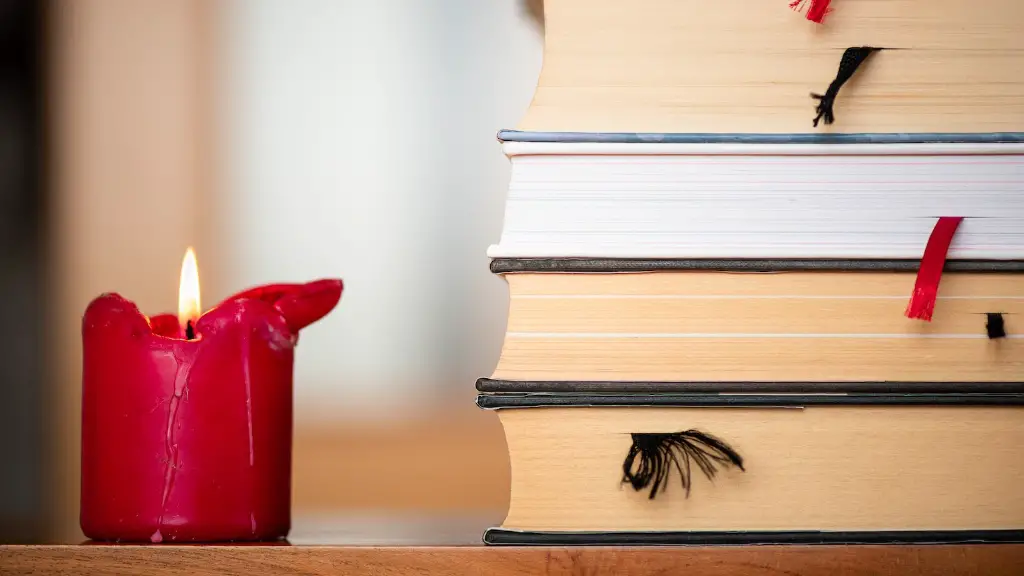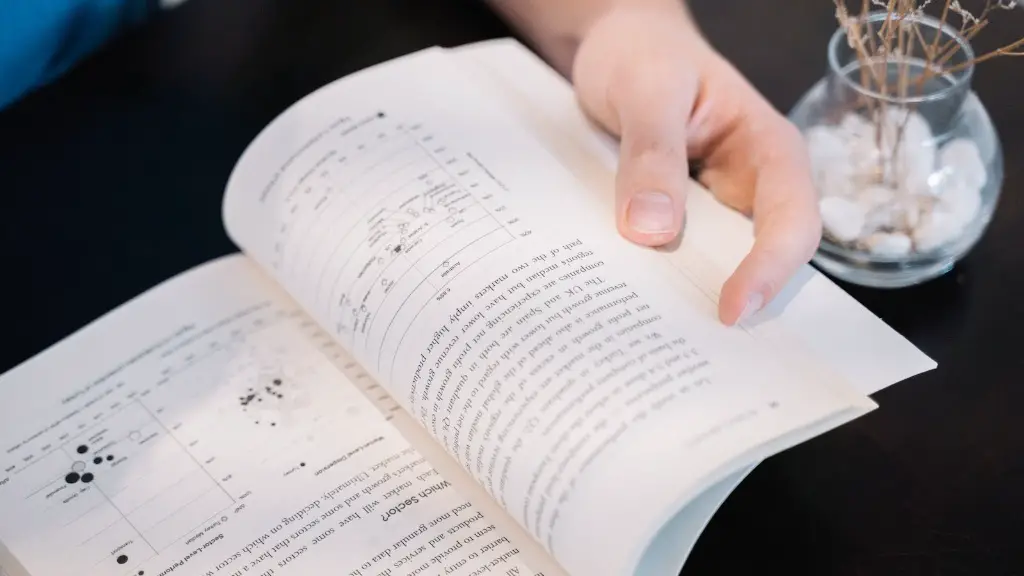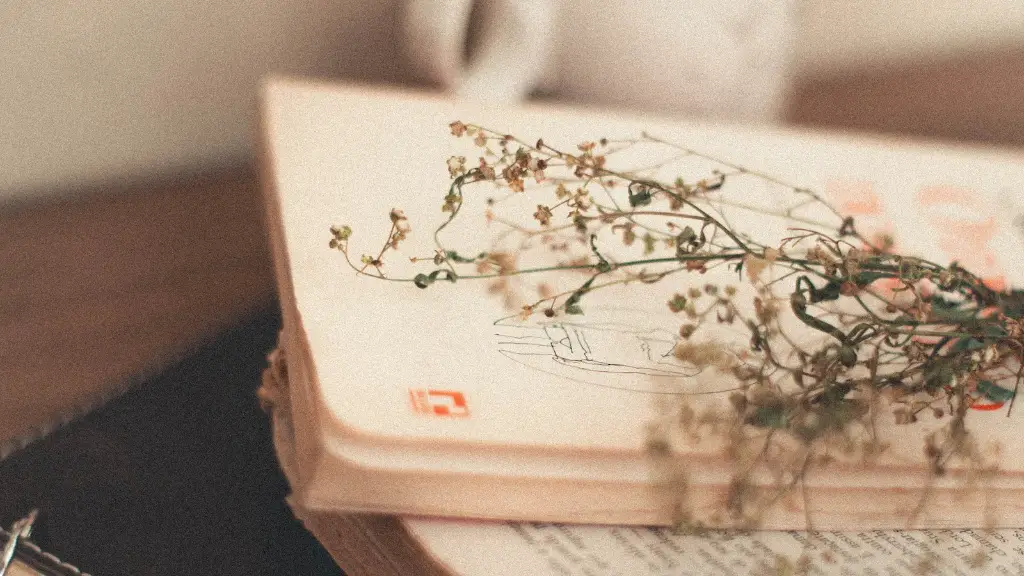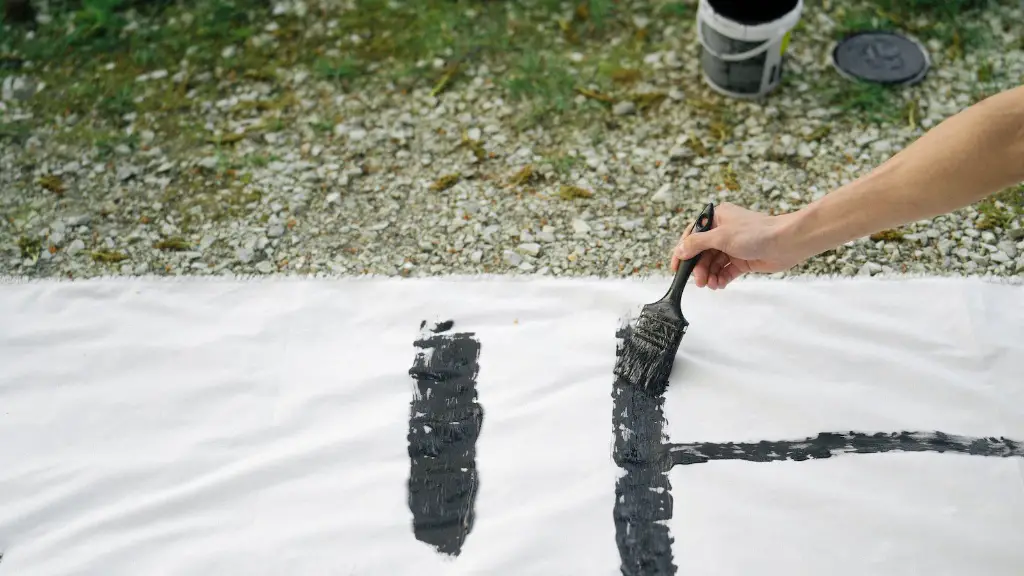What is Poetry? A question commonly asked and one that requires a complex answer. Depending on who you ask and what they believe, opinions can vary wildly. To understand what Poetry is, one must examine the definition by different experts, understand the history, and absorb the intangibles that few can put into words.
One definition of Poetry is an art of self-expression. It is considered a craft that is based largely on intuition and emotion. According to the Oxford English Dictionary, Poetry is “the use of words and phrases in a rhythmic and imaginative manner for the expression of feelings and ideas.” This idea of transmitting feelings or ideas is at the core of Poetry and it is what makes Poetry unique from other writing.
Another important factor in defining Poetry is its history. Poetry was first used as a form of communication during ancient times. Greeks and Romans used Poetry to record their stories, beliefs, and experiences. This practice of finding beauty in words became popular until the Victorian era, when Poetry was largely seen as a means of sophistication and personal expression. In the early 20th century, Poetry enjoyed a second life through books, journals, and magazines. This inspired a new wave of Poetry that focused on individual expression without any external filter or authority.
The key to understanding Poetry is embracing the intangible, the abstract, and the emotions. Poetry lets us explore our subconscious and provides us with a means of expression that is not always accessible with conventional spoken or written language. It is a tool of creativity, a form of communication, and a way to connect with people on a deeper level. To define Poetry, it is ultimately a way for people to explore their inner selves and to express what they cannot express through conventional means.
Form
Form is an important part of what makes a poem a poem. Different forms of poetry have different rules; they involve a layout, structure, and recurring patterns. Poems can have any number of lines, be written in a certain meter, and have a certain rhyme scheme. The structure and form of a poem can emphasize the message, as well as make it accessible to the reader. Depending on the purpose of the poem, different forms can be used to create better poetry.
In form, poetry can be divided into two main camps: traditional and free verse. Traditional poetry sets out a set of rules for the poet to follow, such as rhyme and meter. This allows for greater structure and is easier to read. On the other hand, free verse does not have any set rules or structure, allowing for a more creative expression of thoughts. It is often seen as “freer” than traditional poetry and allows for experimentation with language, rhythm, and imagery.
Poets opt for either form of poetry as a means to express their ideas or stories more effectively. Traditional poetry may be used to create a certain feeling or atmosphere, while free verse may be used to let go and explore the more abstract aspects of what they are trying to express. The choice of form is ultimately up to the poet and how they wish to portray their work.
Audience
Who is the audience of a poem? This is another essential aspect of defining Poetry, as it requires an audience in order to be appreciated. A poem’s audience can range from a single person to a group of thousands, and this is important in determining the poem’s language, structure, and length. Knowing the audience of the poem helps guide the poet to create the poem in its best possible form, often by matching their chosen words to the knowledge of their readers.
The audience of a poem often dictates their message, their form, and their style. A poet can choose to use language that speaks to a specific audience or to create a poem with a universal appeal. Both choices are important and depend on the writer and their purpose. A poem may be addressed to someone specifically or written for a general audience. The important part is to remember who the poem is written for and to adjust the content accordingly.
Meaning
Poems are often a reflection of a poet’s thoughts and emotions, making their meaning often quite personal. There is no single universal definition of what a poem means, as each poem is written with its own individual message. This can be interpreted in many different ways and is often open to debate. Different audiences can decipher a poem in different ways, often depending on their own life experiences.
Poetry is often seen as a means of personal expression, and this can be seen in the wide array of topics that poets write about. Poets can write about anything from love to political unrest, and it is up to them to decide the message they want to portray. Understanding the meaning of a poem is often complex and open to interpretation, making it a fascinating and enjoyable form of communication.
Purpose
Another aspect to consider when defining Poetry is its purpose. Poetry can have many purposes and can be used for different reasons, whether it is to express an emotion, tell a story, or as a form of protest. Each poem is written in order to evoke certain feelings and can be seen as a window into the poet’s soul.
Some poets use poetry to express their feelings of joy, sadness, anger, or love. Others use it as a form of political protest or to convey a greater message about society. Poetry can also be used as a means of entertainment or relaxation. Each poem is written for its own purpose and can have a powerful effect on the audience.
Conclusion
Defining Poetry is not an easy task. It is a complex, multifaceted art form that is open to interpretation. To understand what Poetry is, one must look at its history and definition, explore its form, consider who it is written for and why, and appreciate the intangibles that few can put into words. Poetry is ultimately a way for people to explore their inner selves and to express what they cannot express through conventional means.



